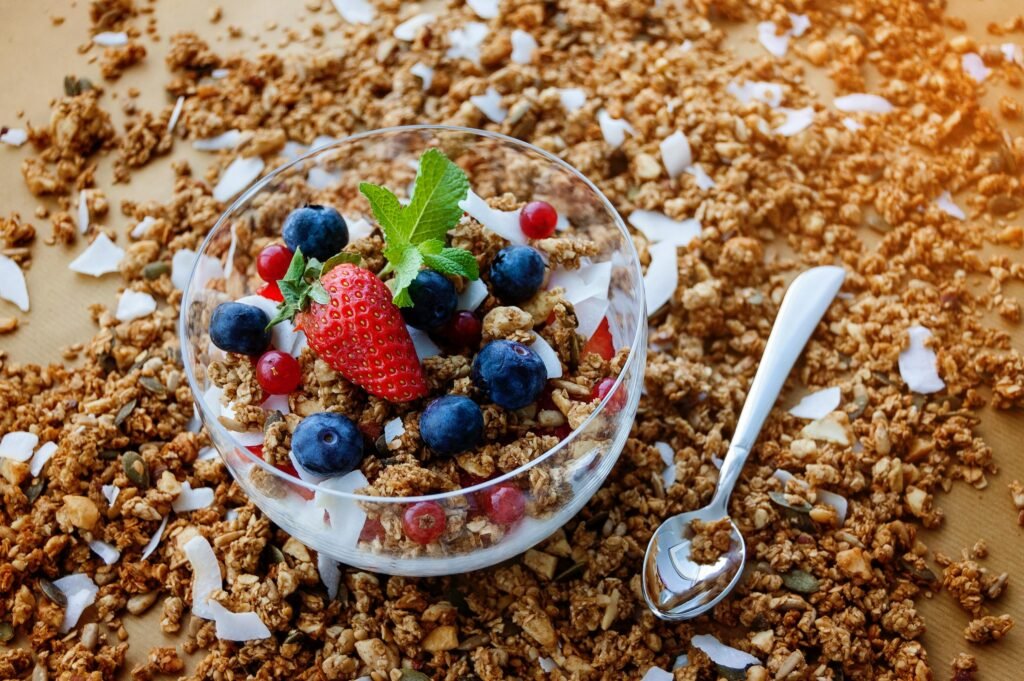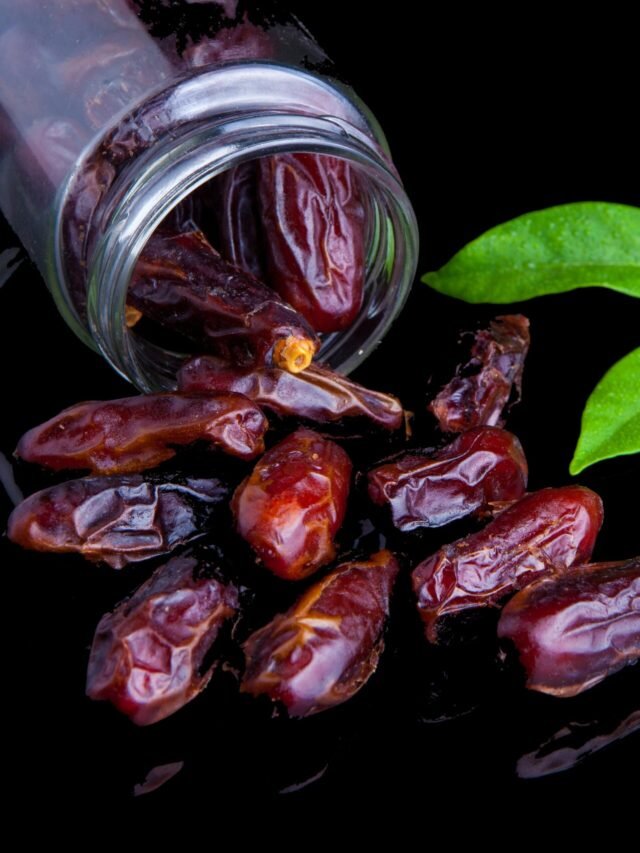
Bananas and Your Health Benefits vs Risks
Bananas are one of the most popular fruits worldwide. They are easy to carry, require no washing, and can be eaten without much preparation. Their sweet taste and creamy texture make them a favorite among both adults and children. But beyond their convenience and taste, bananas have a range of health benefits and a few potential risks. This article will explore both sides to give you a comprehensive understanding of how bananas can affect your health.

Nutritional Profile of Bananas:
Before diving into the benefits and risks, it’s essential to understand the nutritional content of bananas. A medium-sized banana (about 118 grams) contains approximately:
- Calories: 105
- Carbohydrates: 27 grams
- Fiber: 3 grams
- Sugars: 14 grams
- Protein: 1.3 grams
- Fat: 0.3 grams
- Vitamin C: 10% of the Daily Value (DV)
- Vitamin B6: 20% of the DV
- Potassium: 12% of the DV
- Magnesium: 8% of the DV

It is also contain small amounts of other vitamins and minerals, including vitamin A, iron, and folate. They are particularly high in vitamin B6 and potassium, making them a nutrient-dense choice for a healthy diet.
Health Benefits of Bananas:
1. Rich Source of Nutrients
They are packed with essential nutrients. They provide a good amount of vitamin C, which is an antioxidant that helps protect your body against free radical damage. Vitamin B6 in bananas aids in the production of neurotransmitters, which are chemicals that transmit signals in the brain. Potassium is vital for heart health and muscle function.
2. Good for Digestive Health
They are a good source of dietary fiber, which is important for maintaining a healthy digestive system. The fiber content in bananas helps to regulate bowel movements and prevent constipation. A type of fiber found in bananas, known as pectin, can also help to improve gut health by promoting the growth of beneficial bacteria in the gut.
3. Supports Heart Health
The high potassium content in bananas makes them an excellent choice for heart health. Potassium helps to regulate blood pressure by counteracting the effects of sodium. Consuming adequate amounts of potassium can lower your risk of developing high blood pressure, which is a major risk factor for heart disease. Additionally, the fiber in bananas can help to reduce cholesterol levels, further supporting cardiovascular health.
4. Provides Energy
They are a great source of natural energy. The carbohydrates in bananas, particularly the sugars and starches, provide a quick and sustained energy boost. This makes bananas an ideal snack before or after a workout. They are also rich in vitamin B6, which helps to convert food into energy.

5. Aids in Weight Management
Although bananas are slightly higher in calories compared to some other fruits, they can still be a good option for those looking to manage their weight. The fiber in bananas helps to keep you feeling full for longer, which can reduce overall calorie intake. Bananas can be a healthy and satisfying snack that helps to curb hunger between meals.
6. Supports Bone Health
They contain several nutrients that are important for bone health, including magnesium, potassium, and vitamin C. Potassium helps to prevent the loss of calcium from the bones, which is essential for maintaining bone density and strength. Vitamin C plays a role in the production of collagen, a protein that is vital for healthy bones.
7. Improves Mood and Reduces Stress
They contain tryptophan, an amino acid that the body converts into serotonin, a neurotransmitter that promotes feelings of well-being and happiness. Eating bananas can help to improve your mood and reduce stress levels. Additionally, the vitamin B6 in bananas helps to support brain health and function.
8. Enhances Athletic Performance
Due to their energy-boosting properties, bananas are often favored by athletes. They provide a quick source of energy and help to replenish electrolytes lost during intense physical activity. The potassium in bananas helps to prevent muscle cramps and maintain proper muscle function.

9. Promotes Healthy Skin
Bananas contain vitamin C and antioxidants, which can help to protect the skin from damage caused by free radicals. The nutrients in bananas also support collagen production, which is essential for maintaining skin elasticity and preventing wrinkles. Some people even use mashed banana as a natural face mask to nourish and hydrate the skin.
10. May Aid in Preventing Certain Cancers
Some studies suggest that the antioxidants and other compounds found in bananas may help to reduce the risk of certain types of cancer. For example, the vitamin C and flavonoids in bananas can help to protect cells from oxidative damage, which is linked to cancer development. However, more research is needed to confirm these potential benefits.
Potential Risks of Eating Bananas:
1. High Sugar Content
Bananas contain natural sugars, which can be a concern for people with diabetes or those trying to manage their blood sugar levels. Although the fiber in bananas can help to slow the absorption of sugar into the bloodstream, it’s still important to consume them in moderation, especially if you have diabetes.
2. Possible Allergies
Some people may have a banana allergy, although it is relatively rare. Symptoms of a banana allergy can include itching or swelling of the mouth and throat, hives, and in severe cases, anaphylaxis. If you experience any allergic reactions after eating bananas, it’s important to seek medical advice.
3. Gastrointestinal Issues
Eating too many bananas can cause digestive problems such as bloating, gas, and diarrhea due to their high fiber content. It’s important to consume bananas in moderation to avoid these issues, especially if you have a sensitive stomach.
4. May Interfere with Certain Medications
Bananas are high in potassium, which can be a concern for people taking medications that affect potassium levels, such as beta-blockers or certain diuretics. Excessive potassium intake can lead to hyperkalemia, a condition characterized by high levels of potassium in the blood, which can be dangerous. If you are taking medications, it’s important to consult your doctor about your banana consumption.
5. Can Contribute to Weight Gain if Overconsumed
While bananas can be part of a healthy diet, eating too many can contribute to weight gain due to their calorie content. It’s important to enjoy bananas in moderation and as part of a balanced diet to avoid consuming excess calories.
6. Potential for Dental Issues
The natural sugars in bananas can contribute to tooth decay if proper dental hygiene is not maintained. It’s important to brush and floss regularly, especially after consuming sugary foods like bananas, to protect your teeth from decay.
Balancing the Benefits and Risks:
To maximize the health benefits of bananas while minimizing potential risks, consider the following tips:
Moderation is Key: Enjoy bananas as part of a balanced diet. One to two bananas per day is generally considered a healthy amount for most people.
Pair with Protein or Healthy Fats: To help stabilize blood sugar levels, pair bananas with a source of protein or healthy fat, such as yogurt, nuts, or nut butter.
Opt for Green Bananas for Lower Sugar Content: Slightly underripe bananas have a lower sugar content and higher resistant starch, which can be beneficial for blood sugar management and gut health.
Practice Good Dental Hygiene: Brush and floss regularly to protect your teeth from the natural sugars in bananas.
Consult with Your Doctor: If you have any medical conditions or take medications that may be affected by potassium intake, talk to your doctor about how many bananas are safe for you to eat.
Conclusion
Bananas are a delicious and nutritious fruit that can offer numerous health benefits, from supporting heart health and digestion to providing a natural energy boost and improving mood. However, it’s important to be mindful of their sugar content and consume them in moderation to avoid potential risks such as digestive issues, weight gain, and interference with certain medications.
By balancing the benefits and risks, you can enjoy bananas as part of a healthy and varied diet. Whether you eat them on their own, add them to smoothies, or use them in baking, bananas can be a versatile and enjoyable addition to your meals and snacks. Remember, moderation and balance are key to reaping the benefits of this popular fruit while minimizing any potential downsides.
Click here for more health related information:
Recent Post:



“इमली के बीजों को फेंकने की भूल मत करें: 14,000 Crore के Market में छिपा है सोना”

कहीं आप भी तो नही कर रहे Badi Ilyachi और Chhoti Ilyachi का गलत उपयोग,जाने आयुर्वेद के अनुसार

भारतीय पंचांग और आयुर्वेद के अनुसार किस मौसम में क्या खाएं और क्या नहीं 2024?



अगर “Momos” खाकर आपको भी हो रही है उल्टिया ,तो कहीं आपको ये जानलेवा बिमारी तो नहीं?

10 Foods जो आपके लिए जानलेवा हो सकते हैं: अभी बंद करें इनका सेवन












